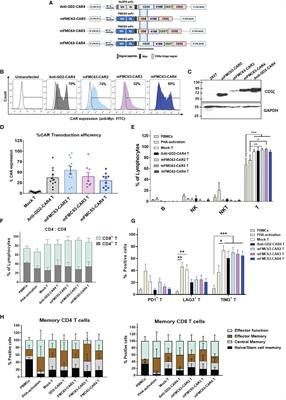ORIGINAL RESEARCH
Published on 20 May 2022
Chimeric Antigen Receptor-Modified T Cell Immunotherapy for Relapsed and Refractory Adult Burkitt Lymphoma

doi 10.3389/fimmu.2022.879983
- 4,617 views
- 11 citations
17k
Total downloads
58k
Total views and downloads
Select the journal/section where you want your idea to be submitted:
ORIGINAL RESEARCH
Published on 20 May 2022

REVIEW
Published on 01 Mar 2022

ORIGINAL RESEARCH
Published on 16 Feb 2022

ORIGINAL RESEARCH
Published on 18 Jan 2022

ORIGINAL RESEARCH
Published on 10 Jan 2022

ORIGINAL RESEARCH
Published on 04 Jan 2022

ORIGINAL RESEARCH
Published on 03 Jan 2022

ORIGINAL RESEARCH
Published on 17 Nov 2021


Frontiers in Immunology